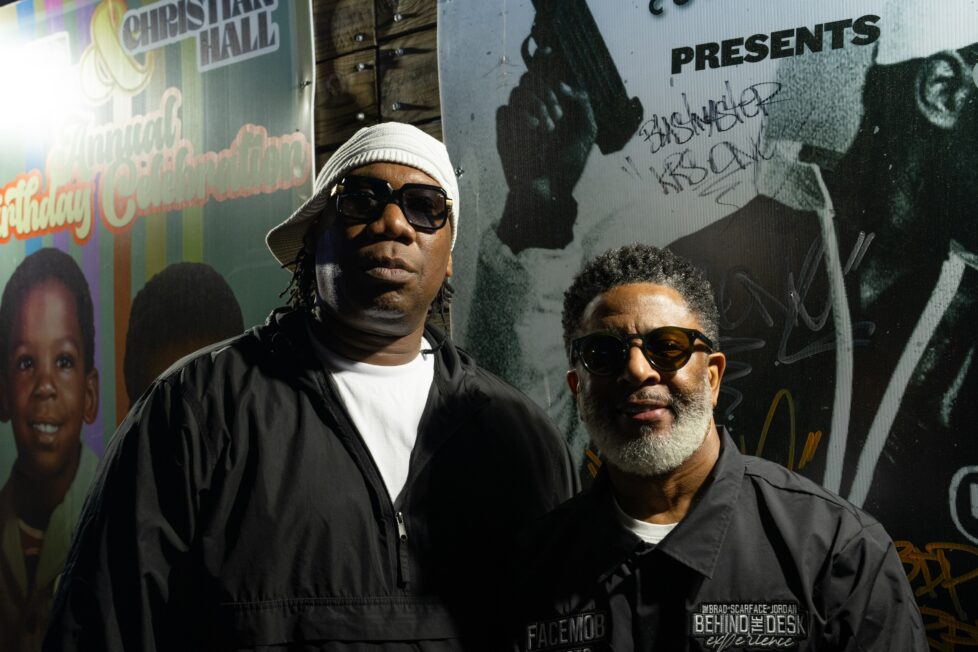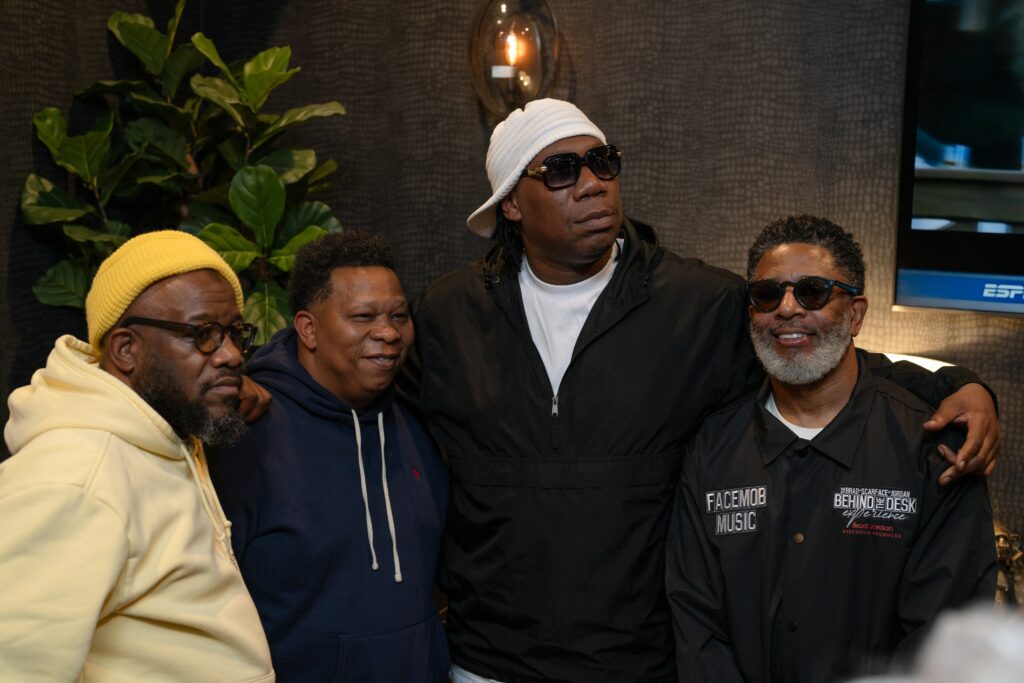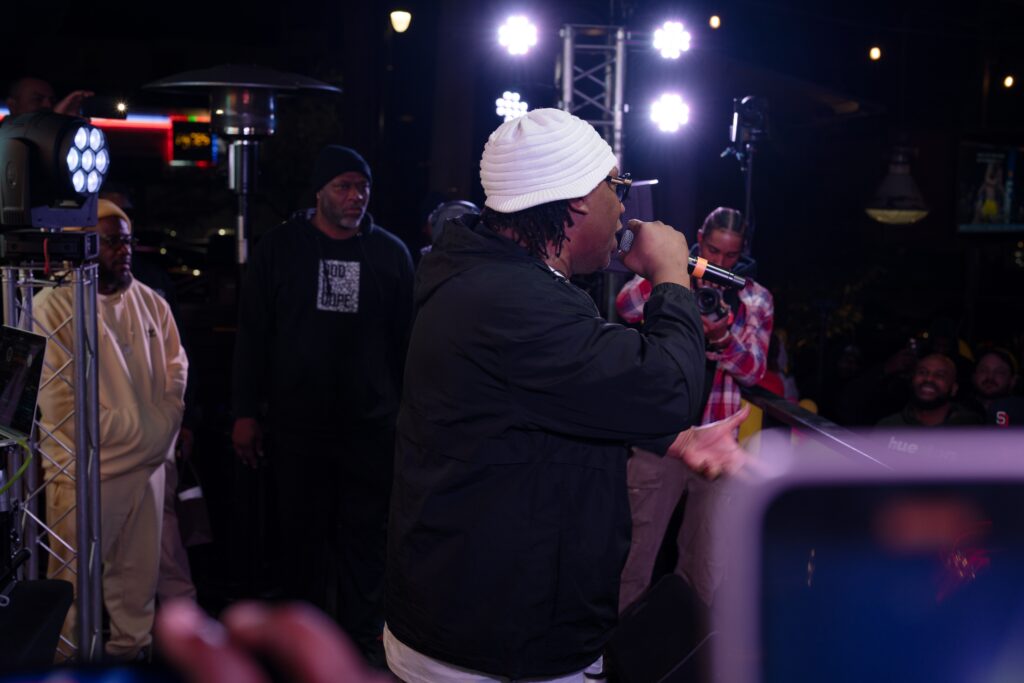KRS-One ignites Houston: A three-day hip-hop odyssey with a legend


By: Nathaniel J. Greene, Community & Culture Editor, BBN
In a monumental fusion of culture and insight, the legendary hip-hop pioneer KRS-One descended upon Houston, igniting the city with a three-day odyssey that wove together music, conversation, and community. Orchestrated by the visionary serial entrepreneur Steve Rogers of Almeda Hospitality Group, this event not only showcased the undeniable mark of KRS-One on the hip-hop genre, but also “big-ups” his status as one of its most influential architects.
The journey kicked off at Rice University, where an intimate gathering of over 100 students, community leaders, alumni, and enthusiasts were treated to a rare dialogue with KRS-One. For 90 minutes, a live Q&A session unfolded, allowing attendees to get a deeper look into the mind and musings of the hip-hop icon, gaining insights into his life, his music, and his profound impact on the culture.

Day two escalated the experience with KRS-One engaging in a profound on-camera dialogue with Houston’s own radio luminary, Rob G, for the Legends Only podcast. This introspective conversation journeyed through the epochs of KRS-One’s illustrious career, touching on his early days, educational pursuits, and his enduring legacy. Through Rob G’s adept interviewing, audiences will soon be able to witness this legendary exchange, as the Legends Only Podcast is set to grace streaming platforms in the spring.

In true H-Town fashion, it all ended with a night of bumping. A concert was held at Rogers’ Bar 5015, located on the historic Almeda Rd., with more than 300 fans in attendance. Before starting, KRS-One shared a heartfelt moment, expressing his honor in conversing with Scarface—the iconic Geto Boys artist—who revealed KRS-One as a source of inspiration. The evening was further elevated by a surprise appearance from Mannie Fresh, who came to pay homage to the hip-hop legend.
Steve Rogers, the mastermind behind the Legends Only Experience, crafted an event that reminds us of the powerful role of hip-hop’s past, present, and future.
